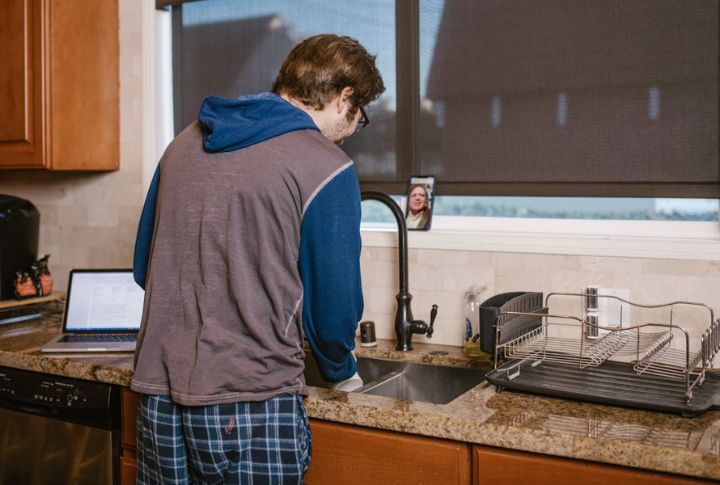
You might think coworkers only notice your performance. But no, habits are under the microscope too. People won’t always call you out, yet they’ll quietly form opinions that stick. That’s the sneaky part of workplace culture: the little things matter more than you think. Here are the habits you’ll want to avoid if you’d rather not be the silent topic of conversation.
Being Chronically Late

Show up late enough and your reputation arrives before you do. Everyone’s time is valuable, and rolling in after the meeting starts screams, “My schedule matters more than yours.” Sure, traffic happens, but making it a routine tells people you can’t manage the basics.
Answering Phone Calls During Meetings

Taking a call in the middle of a meeting is a bold move. It instantly says, “This conversation matters less than my ringtone.” Unless your house is literally on fire, silence the phone and deal with it later. If it’s urgent, excuse yourself. Otherwise, you just look distracted and rude.
Talking Over People In Meetings

Jumping in before someone finishes isn’t “showing leadership”—it’s showing impatience. Nothing screams “I don’t listen” like cutting people off. Let others finish, and your points will land harder. You’ll also seem more professional, which is exactly what you want colleagues to notice.
Making Inappropriate Jokes And Comments

That “edgy” joke you think is harmless? It’s not. Crossing the line with humor makes you look unprofessional at best and gets you in trouble at worst. The rule of thumb: if you have to wonder if it’s okay, it’s not. Save it for the personal group chats.
Gossiping About Colleagues

Think office gossip is bonding? Think again. Every time you whisper about someone, everyone else wonders what you say about them. Spoiler: it’s not earning you trust. Gossip kills credibility faster than bad coffee kills morale. Keep workplace talk professional, or risk being the person no one confides in.
Ignoring Work Messages And Emails

Vanishing on Slack or email is careless. A quick “Got it” reply keeps things moving, while silence stalls everyone else. If you want a reputation for being dependable, don’t ghost the people who rely on you. Responsiveness is proof you’re paying attention.
Multitasking During Virtual Meetings

Yes, people can tell you’re scrolling Instagram during the Zoom call. You’re not that sneaky. Multitasking looks like you’d rather be anywhere else, which isn’t a great impression to give. Staying engaged with the camera shows respect, and it’s the bare minimum if you expect others to take you seriously.
Constantly Complaining About Workload

We all get stressed, but turning every conversation into “woe is me” makes you the office downer. Instead of sympathy, you’ll get eye-rolls and plenty of avoidance. Vent once in a while, fine. Make it a lifestyle, and you’ll be remembered for your negativity instead of your work.
Dressing Like It’s Laundry Day

Even casual offices expect you to look like you tried. Showing up like you rolled out of bed says, “I don’t care,” louder than words. No one’s asking for a suit and tie, but basic grooming and effort matter. Plus, if you want people to take you seriously, start with clothes.
Poor Communication Skills

Unclear instructions create chaos, and nothing kills productivity like confusion. If people keep asking you to repeat yourself, it’s not them—it’s you. Communication is survival. Practice being clear and direct, because no one’s impressed by the coworker who leaves everyone scratching their heads.

